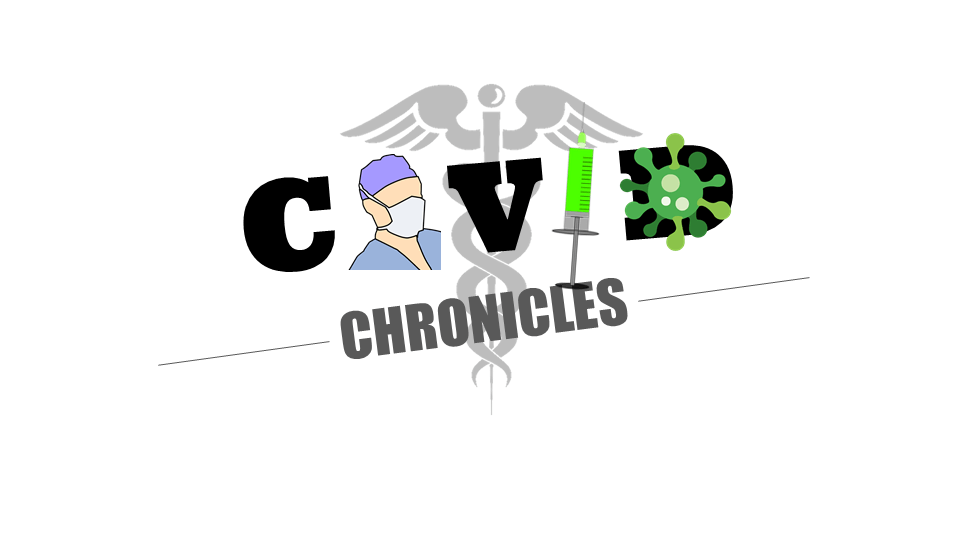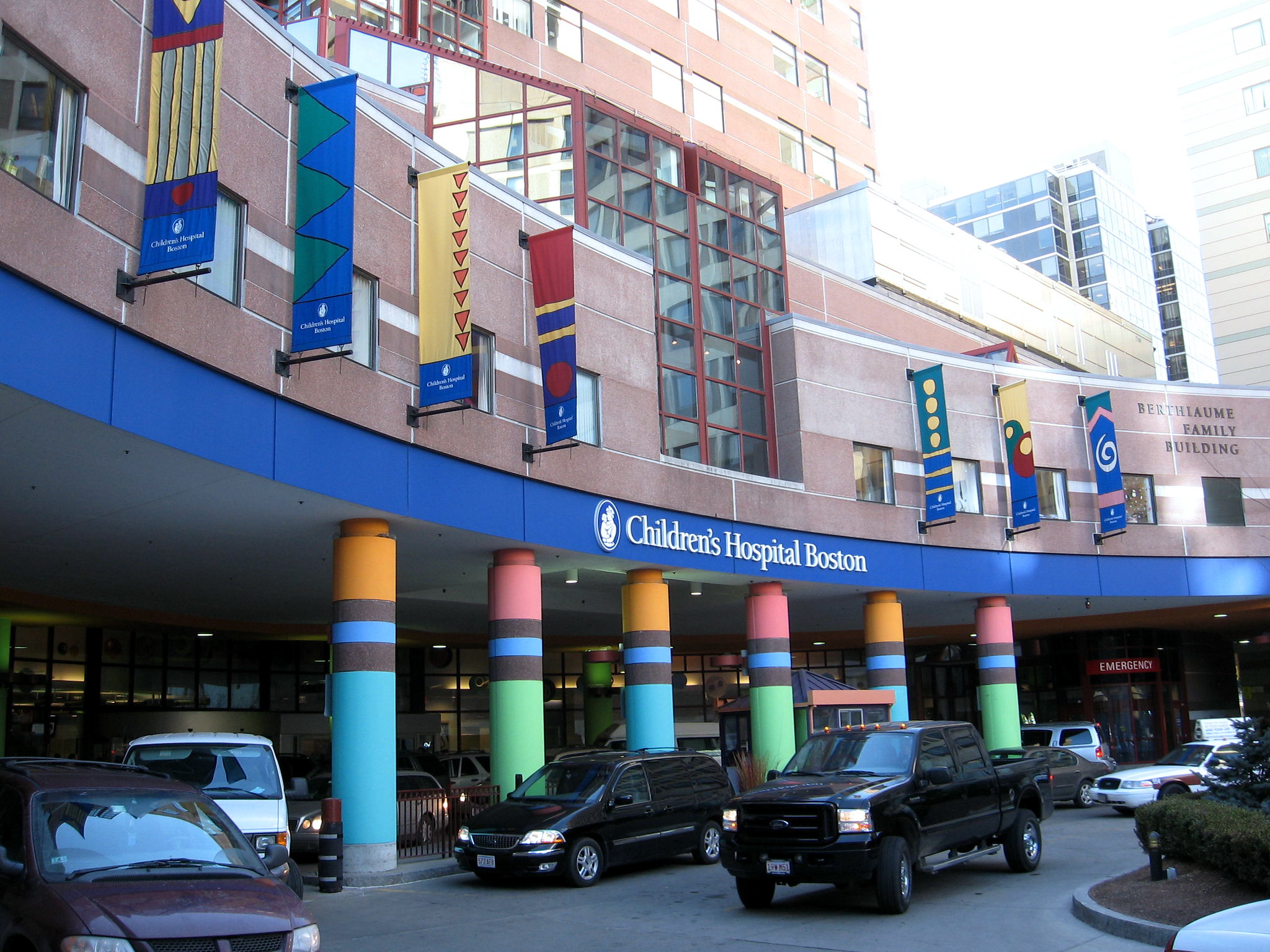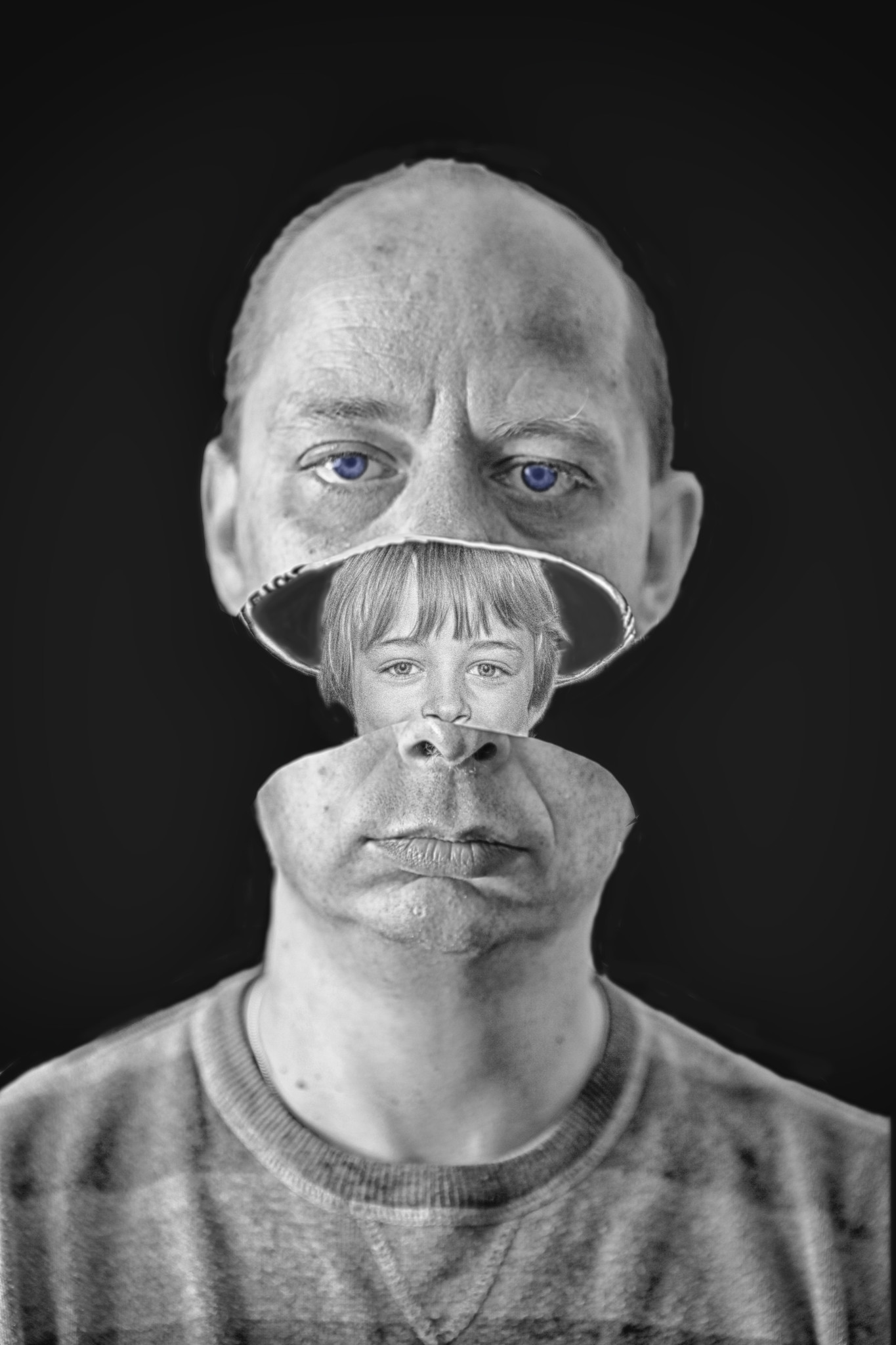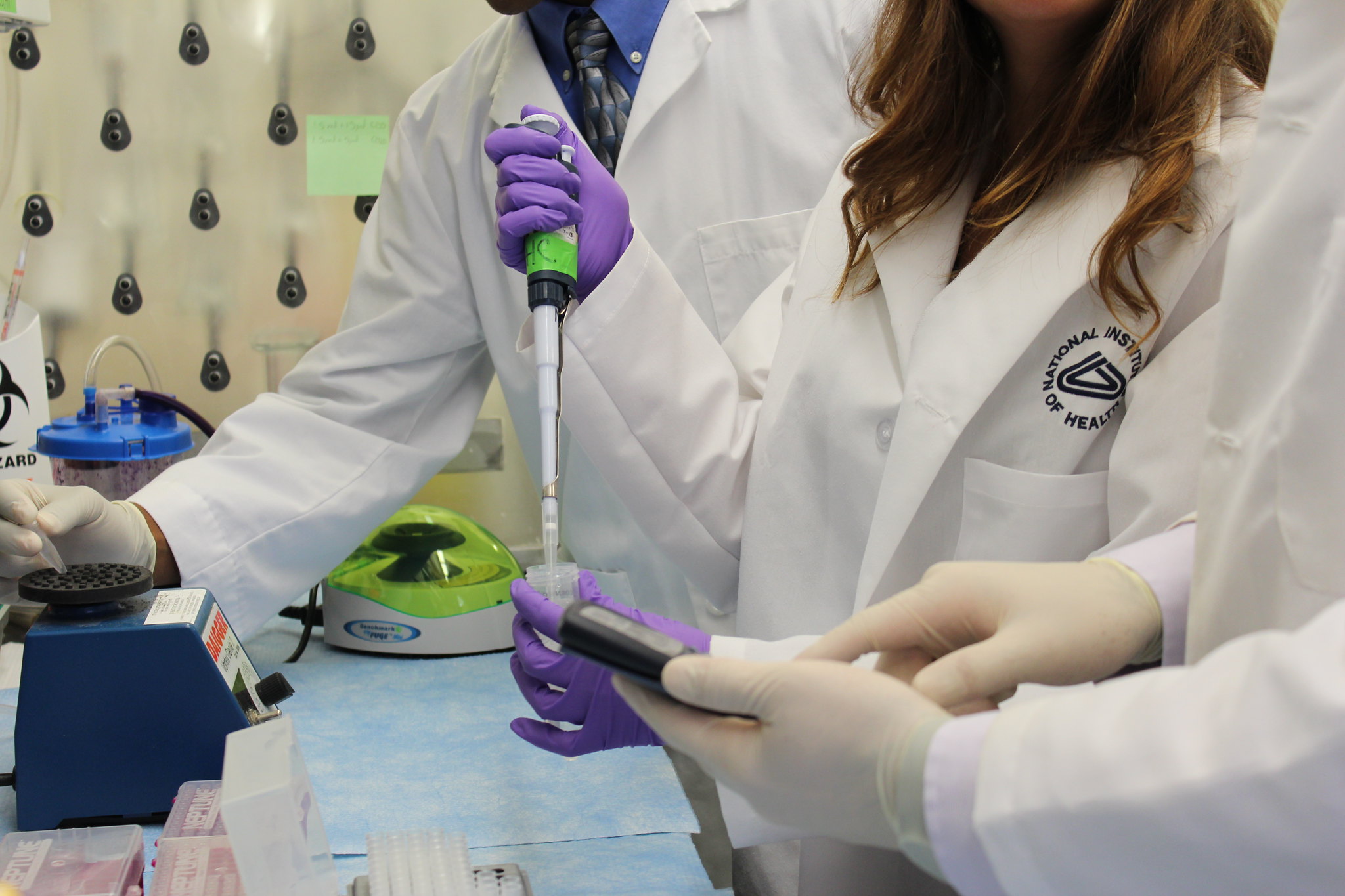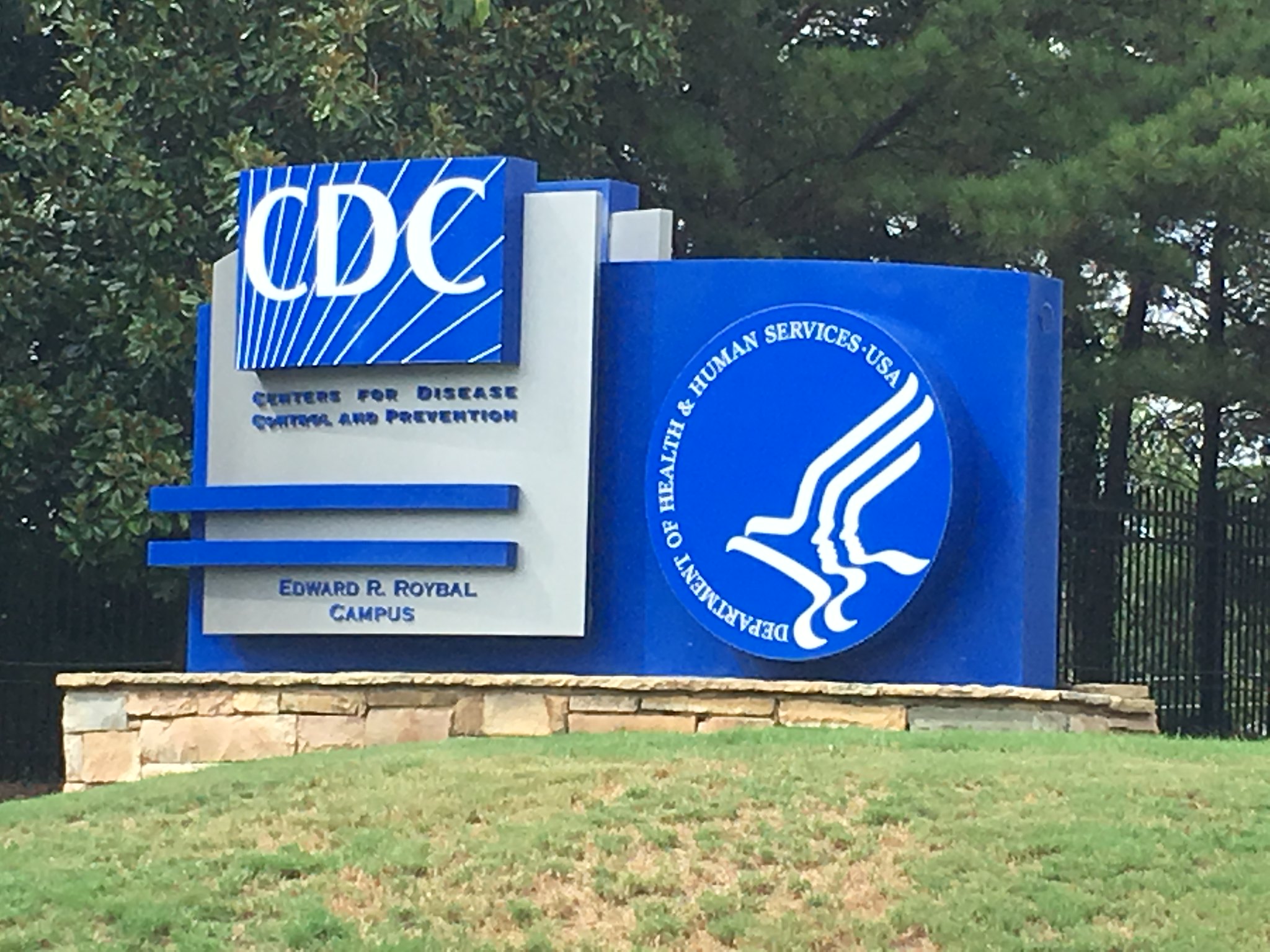A Framework for Student-Led Legislative Advocacy in Undergraduate Medical Education
There are two main types of advocacy: community-based advocacy — which consists of direct provision of services to marginalized populations — and political advocacy — which involves crafting legislation that affects a large group of people.


